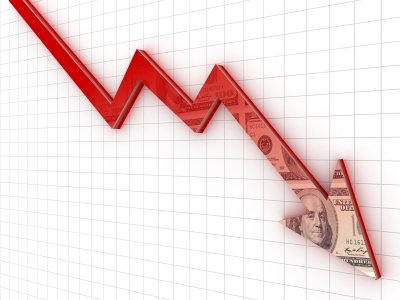Correspondence published today in the journal Nature Climate and undertaken by the Global Carbon Project, shows that CO2 emissions increased three percent in 2011, despite the weak global economy.
 The co-authors noted: “The global financial crisis was an opportunity to move the global economy away from a high-emissions trajectory. Our results provide no indication of this happening.”
The co-authors noted: “The global financial crisis was an opportunity to move the global economy away from a high-emissions trajectory. Our results provide no indication of this happening.”
A second paper, published today in Nature Geoscience, is titled Anthropogenic and natural warming inferred from changes in Earth’s energy balance.
Our colleagues at the UK SMC gathered the following commentary on the papers from UK-based scientists.
On both papers:
Prof Chris Rapley, Professor of Climate Science at University College London, said:
“These two new results offer a stark message. Human carbon emissions are certainly disturbing the climate system upon which we depend, and in spite of the economic slowdown, and despite all the efforts by governments, businesses and people to reduce them, our emissions are reaching new highs.
“The climatic consequences, already emerging, will grow over time, and are irreversible. A new level of decisive action is required now to achieve real emissions reductions. World leaders at the climate negotiations at Durban know the score; the opportunity to act consistent with their responsibilities and rank lies before them. We can only hope that they rise to the challenge.”
On correspondence on growth in CO2 emissions since the financial crisis, as published in Nature Climate Change
(Rapid growth in CO2 emissions after recent financial crisis, Glen P. Peters et al, DOI: 10.1038/nclimate1332)
Dr. Julia Steinberger, Lecturer in Ecological Economics at the Sustainability Research Institute, University of Leeds, said:
“The worst economic crisis in decades was apparently a mere hiccup in terms of carbon emissions: a temporary drop for the richest countries in 2009, and hardly perceived by emerging economies. These findings are truly shocking, and constitute a global wake-up call. The economic crisis should have been an opportunity to invest in low-carbon infrastructure for the 21st century. Instead, we fostered a lose-lose situation: carbon emissions rocketing to unprecedented levels, alongside increases in joblessness, energy costs and income disparities. Surely the transition to a green economy has never seemed more appealing.”
Dr David Reay, Senior Lecturer in Carbon Management at the University of Edinburgh, said:
“One tarnished silver lining of the global financial crisis was that it brought about a drop in greenhouse gas emissions. From this latest study we see that the drop was all too ephemeral and even the limp economic recovery of 2010 has put us back on a high emissions trajectory. We now face the triple whammy of distracted world leaders, a scarcity of carbon finance, and a fast-closing window of opportunity to avoid dangerous climate change. For those striving for a breakthrough at the climate change conference in Durban, things just got even harder.”
On research for evidence of human-induced global warming, as published in Nature Geoscience
(Anthropogenic and natural warming inferred from changes in Earth’s energy balance, Markus Huber and Reto Knutti, DOI: 10.1038/ngeo1327)
Prof Piers Forster, Professor of Climate Change at the University of Leeds, said:
“It’s pretty convincing stuff: observations and the physical law of energy conversation have been used to show greenhouse gases are responsible for global warming and that alternative scenarios violate this law of nature. Previous proofs have relied on complex climate models, but this proof doesn’t need such models – just careful observations of the land, ocean and atmospheric gases.
Dr Peter Stott, Head of Climate Monitoring and Attribution at the Met Office Hadley Centre, said:
“This study confirms that, even when using different approaches, the observed warming seen over the last 50 years is dominated by man-made emissions of greenhouse gases. With similar results from the Met Office Hadley Centre and other researchers elsewhere this is further proof that the observed temperature rise we have seen can be attributed to human activity.”